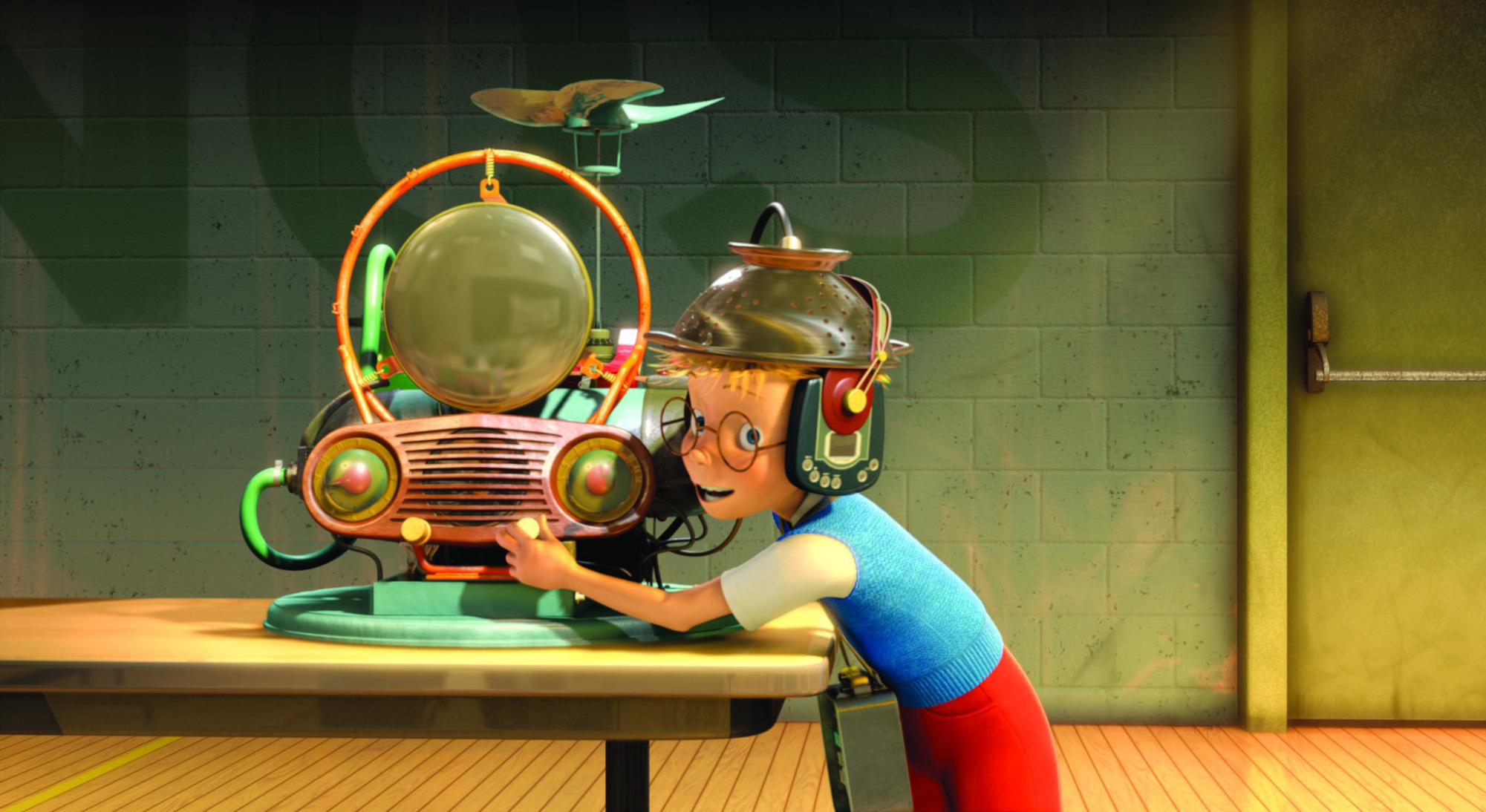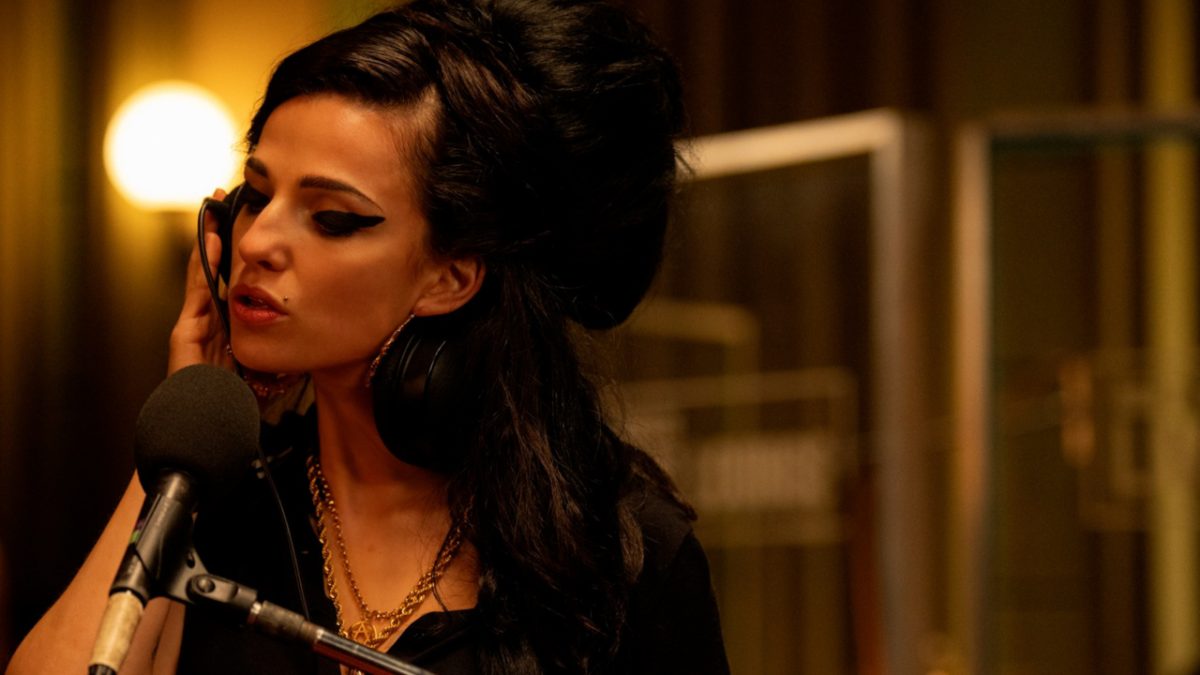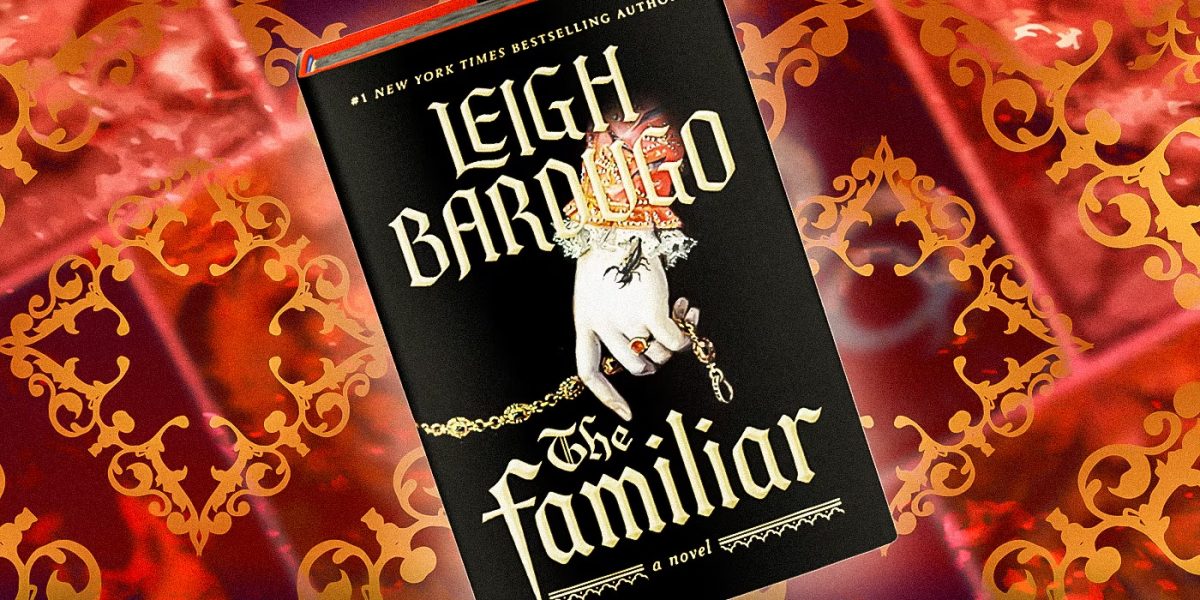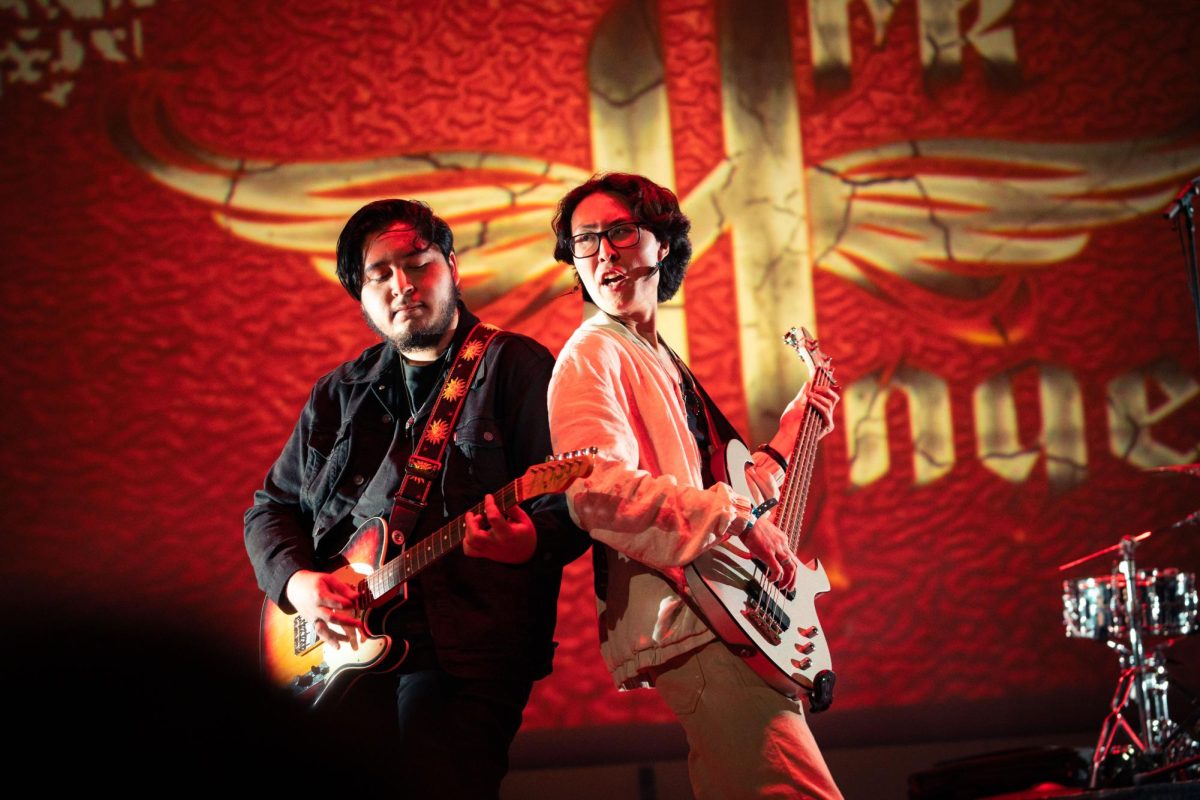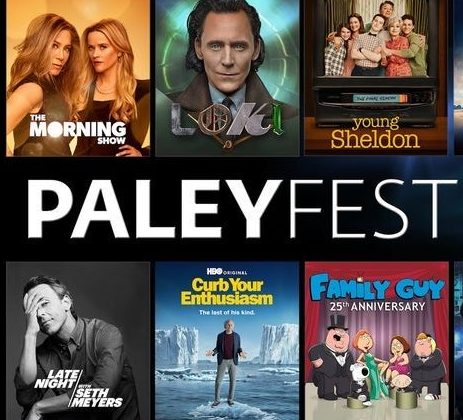Editor’s note: This essay contains spoilers for “Meet the Robinsons.”
Carl Sagan, in his 1994 Washington Post Essay, “With Science on Our Side,” reminisced that his childhood was an era in which hope blossomed, where the incandescent sky filled one’s soul with an immense sense of wonder in the mechanics that the world was pieced together from. He spoke of how the technologically-integrated corners of our world formed, in every manner, from science. Science has become a way to understand the world but thus transcends into becoming a root that our world grows out of. Sagan spoke of a better tomorrow.
Growing up, the notion of both challenging and changing planet Earth was a frightening prospect to me. How could a small Vietnamese boy affect the trajectory of the cosmic universe? Yet I knew that I was in love with the stars, and Sagan was my hero. So I wanted to change the world like he did. A decade has passed, and even though I could chalk my feelings up to the weariness of growing up, or the heightened awareness I hold towards world events, life feels infinitesimally darker than the decade before. Between the exponential spiral of global warming, the ongoing genocide of Palestinians, and the ever-growing cynicism in our very minutiae of conversations, this is not a time of hope. But we have to make it one.
Films and television have always been beautiful mediums for communication, and Sagan’s vision of television and popular writing wished to put forth intellectualism into the world; to simultaneously capture the joy and love that astronomy or chemistry and even biology could evoke within the heart; and give us the autonomy to revolutionize the world. He wished to use science to inspire us to make our wonderful speculation our reality. I see all of that in Lewis Robinson.
“Meet the Robinsons” landed onto cinema screens on March 30, 2007, and I first encountered this oddball family when I caught a late-night airing of the film in 2009. I’ve cried my heart out to it ever since then, carrying around the phrase “Keep Moving Forward” constantly as a moniker, from my Chromebook wallpaper to my MacBook. Like the stories of “Star Trek” and “Doctor Who,” “Meet the Robinsons” is science-fiction that is starry-eyed and earnest. Director Stephen J. Anderson crafts together a large portrait of intensely diverse caricatures, all united under the principle tenet of perseverance and forward-thinking, and it’s miraculous how fully actualized these people feel, in spite of their limited focus and clear functionality as a comedic smorgasbord. From the pizza-delivery spaceman, to Franny, who conducts singing frogs, to the twin uncles in potted plants, “Meet the Robinsons” acutely captures that sense of closeness I feel to aunts, uncles, and cousins; I may never know them as deeply as I should, but they still remain so loveable and sweet. Simultaneously, they become an embodiment of radical and unique interest, so assured in what they love and constantly brandishing their passion, despite the oddity of their passion’s nature. Even so, to be silly in nature is better than to be boring, and more than that, they are simply the most welcoming and open to the love that Lewis has for inventing whatever brings him wonder. We see the future through them, and alongside how extravagantly colorful the retro-futuristic palette of the Robinson house is, it seems as if the future is looking bright.
Growing up, I adored Lewis for how intelligent and proactive he was. If he wanted to make something, he’d do it. He was the smartest person in the room, but he was also just a kid filled with goofiness, kindness, and empathy for others. Reflecting back on Lewis, it becomes clear the patterns from which his brilliance stems: a desire to share with the world, to craft not just his inventions, but his emotional and human bonds with others. For anyone who has ever felt alone in the world, or who has found it tough to find community through shared passions, the story of Lewis Robinson resonates deeply. Yet it’s important and greatly moving that the culmination of Lewis’ adventure polymerizes into the notion to never, ever stop loving what you do, and that in due time, those who deserve to be in your life and to love you in your lifetime will come and find you. Our life’s work shall not be one-sided; the love you have to give to the world will be given back to you.
In one of the final passages of the film, Lewis meets his older self at the end of a story long cherished, and bears witness to all the magnificent creations they have made in the future. In that moment, “Meet the Robinsons” crystallizes the optimism and infinite possibility that we, the audience, hold in our hands. We just have to work and persevere, and most importantly, keep moving forward. As Lewis learns to exist in the present and to look towards the people he will meet and cherish the ones he still has, life comes into focus, and Rob Thomas’ magnificent and earnest “Little Wonders” carries us out. From adoption to meeting Franny, to the final shot of Lewis slowly filling out his entire workspace through the years, Lewis’ life finally comes into focus, and we see not just a promise of moving forward, but the self-actualization of making way for a great, big, beautiful tomorrow. That’s the crux of the entire affair and why “Meet the Robinsons” remains special, seventeen years onwards; it is a film about humanizing intellectualism and innovation. What are we building, if we don’t know and remember the people that we build for?
When the next decade has passed, do you think our children will still have something to hope for? I most certainly wish so. I think about Sagan a lot, and particularly how down-to-earth and approachable he made something as distant as the stars seem. I loved the way he spoke so eloquently and poetically about the universe and intertwined the discovery of the unknown with the beauty of new life. When I was in high school, I wanted to find an avenue to work in space, to continue the cycle of excellence amongst the stars, and to continually give kids new discoveries that elicited the wonder that I felt amongst these cosmos. Through my years in undergrad, I’ve developed more interests in education and writing prose, in film and good health, and even now, I have carried this film with me for fifteen years of my life. These days, I also want to give hope to the children of the future, and something to care for, as we do have the power to revolutionize the world. At the very least, we will have people to care for, and that’s worth a lot.
So even on the darkest of nights, when you look up at the sky, keep your friends and loved ones in your heart, and always try to find the constellations and those little twinkling lights that we wish upon. For where there are stars, there is hope. And where there is hope, we know in our hearts that everything will be alright.
Image courtesy of IMDb


